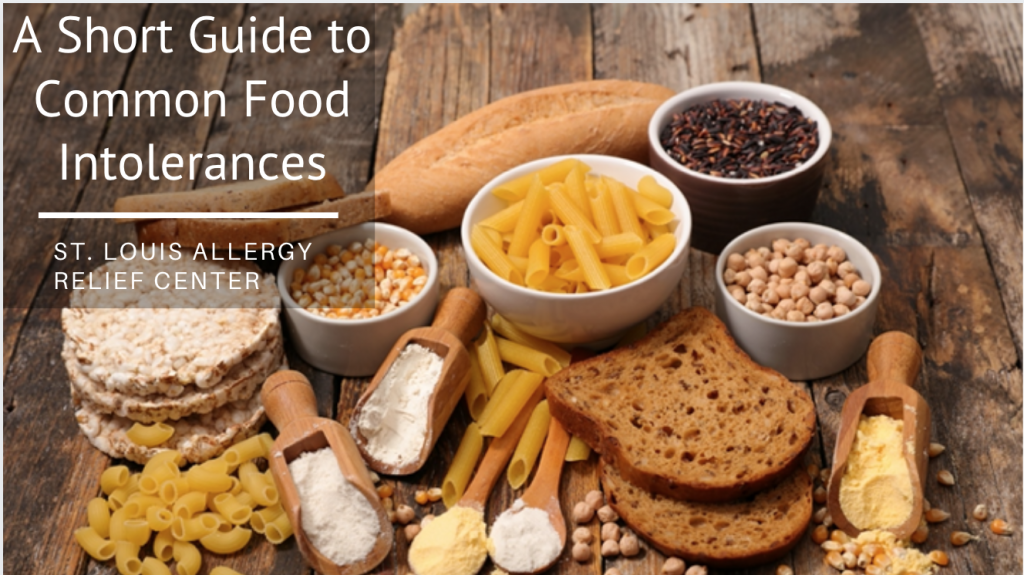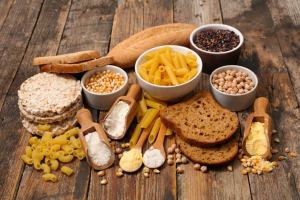A Short Guide to Common Food Intolerances

A food intolerance is any difficulty digesting food or adverse reactions to them. These are similar to food allergies, the main difference being that intolerances aren’t life-threatening. While food intolerances can be uncomfortable and inconvenient, they’re not uncommon: it’s estimated that as much as one-fifth of the world’s population lives with at least one food intolerance today. Have a look at the guide below to learn more about some of the most common ones.
3 Common Types of Food Intolerances
1. Dairy
Lactose is a sugar found in dairy products like cheese, yogurt, and milk. This intolerance is very common, thought to affect as much as 65% of the global population. An enzyme called lactase helps break down lactose, and when there’s not enough of it in your system, it can result in:
- Abdominal pain
- Nausea
- Gas
- Bloating
- Diarrhea
Aged cheeses and yogurt products like kefir may be better options since these contain lower amounts of lactose.
2. Gluten
Certain proteins found in grains like wheat, barley, rye, and some oats, are called gluten. An inability to digest these can result in non-celiac gluten sensitivity, a milder form of gluten-related food allergies, and it affects up to 13% of the population.
Symptoms of gluten sensitivity include:
- Headaches
- Fatigue
- Bloating
- Abdominal pain
- Diarrhea or constipation
- Joint pain
- Skin rash
- Depression or anxiety
- Anemia
If you struggle with gluten intolerance, you are advised to avoid foods like bread, cereals, pasta, beer, and soy sauce.

3. Fructose
Fructose is a sugar found in fruits, vegetables, honey, and sugar, as well as high-fructose corn syrup. Because fructose consumption has risen drastically in the past few decades, more people are discovering an intolerance for this sugar, and it’s been linked to the rise in obesity and heart and liver diseases. It’s estimated that as many as 50% of adults in the U.S. can’t digest more than 25 grams of pure fructose.
Symptoms of a fructose intolerance include:
- Gas
- Diarrhea
- Nausea
- Acid Reflux
- Abdominal pain
- Bloating
- Vomiting
To avoid complications from fructose intolerances, stay away from high-fructose foods like apples, grapes, watermelon, asparagus, peas, zucchini, and fruit juices. High-fructose corn syrup, often found in processed sweets, candies, and sodas should also be avoided.
Avoiding all those foods is very difficult and for some people not possible. Another option is to find a holistic allergist specializing in Advanced Allergy Therapeutics. Those treatments do not involve shots, pills, or avoidance.
If you struggle with food allergies or food intolerances, you may benefit from regular allergy testing at St. Louis Allergy Relief Center in Chesterfield, MO. These specialists seek to treat the symptoms of allergies and intolerances through a holistic approach for adults and children alike. To find out more about how they can help, call (314) 384-9304 or visit them at www.stlouisallergyrelief.com/.